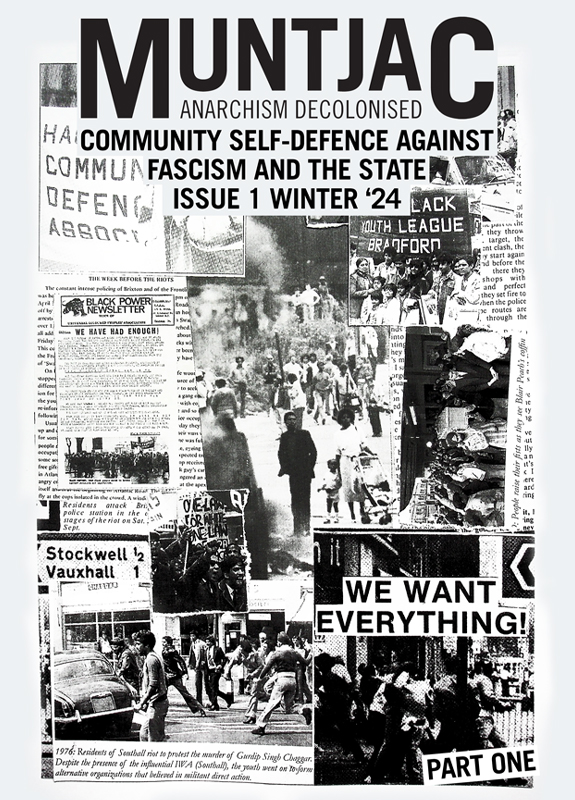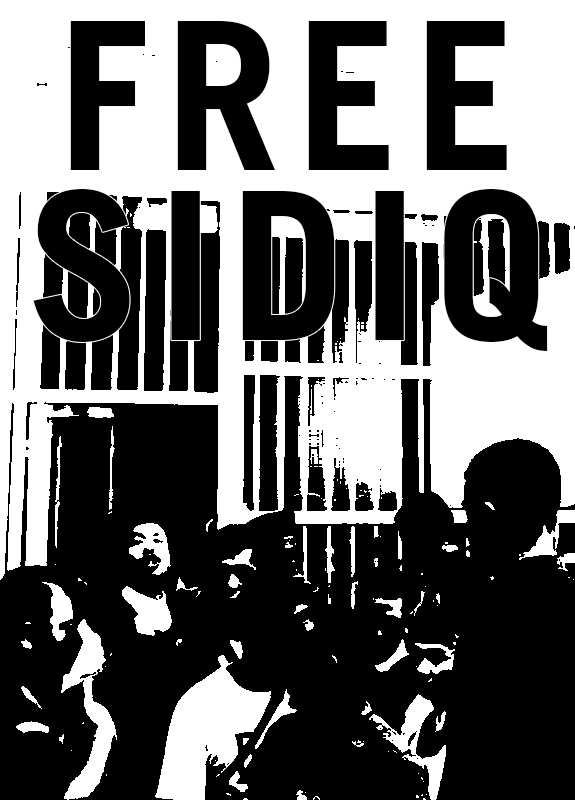On social media, I have recently come across an
'anti-capitalist love note', reassuring its readers that they are
much more than their productivity. This criticism of economic output
as a measure of human worth will strike a chord with many people.
Material production influences the kind of person you are, but it
does not justify or invalidate your existence. No capitalist
accounting can do justice to being human. You need no reason or
apology for living life in freedom, and productivity is not your
friend.
The cult of productivity has led to extensive
damage and misery, as those who enthusiastically embrace wrong ends –
placing profits before people – wreak havoc upon the world, and
subject fellow humans to oppression and abuse. Their hard work brings
bitter fruit.
In his essay 'Productivity is dangerous', Vincent
Bevins suggests that the obsession with productivity contributed to
Germany's imperial aggression and state violence in the 20th century.
In his lecture 'Judenplatz 1010', Timothy Snyder reminds us that the
concept of productivity was used by the Nazis to dehumanise Jews who
'were sent from the Warsaw Ghetto to be murdered when it was judged
that the calories they consumed were worth more than the work they
produced'. Productivity is wielded as a bludgeon against humanity:
'This is an artefact of the industrial world: humans who are denied
humanity are judged as objects who carry out physical work.'
Under capitalism, most of us are not our
productivity because it is appropriated by the capitalist class. Our
actions, which are human at heart, serve the capitalist purpose of
fuelling economic growth that perpetuates subjugation and
precipitates ecological ruin.
Productivity is hypocritically worshipped and
weaponised by the rich because they reap the benefits of mass
exploitation. In this unfair and unsustainable system, people are
alienated from the results of their labour, and their own worth is
lost in the process.
Productivity is monetised and domesticated in the
capitalist economy. Creative endeavours are harnessed by capitalism
and serve its nefarious goals when the worker plays by its rules,
which promote fierce competition and protect those in power – the
rich subjugate and discipline the poor. Authoritarianism and other
social distortions lead to a warped view of humanity with regard to
its productive potential and actual output.
Equating productivity with humanity and self-worth
is a kind of vulgar behaviourism that benefits the privileged.
Actions do shape human nature, and behaviourism is not evil or
misguided per se. The problem arises when we define people only
through those aspects of their life that can be quantified and
integrated into a broken economic mechanism that is destroying not
only the environment, but also social relationships. Human behaviour
that does not bring profit loses recognition and visibility, whereas
toxic productivity comes to the fore.
According to behaviourists, humanity predominantly
depends on what people do or do not do. In this view, productivity
defines humanity. While it does matter what people do, it should not
detract from or augment their humanity. Behaviour might be what makes
us human in some complex and multifaceted sense, but it is crucial to
acknowledge humanity without relying only on productivity. Humanity
should be an all-encompassing option that includes all humans in a
society.
All living beings have meaning and significance
that cannot be reduced to their service to economy. Once humans
overcome this exploitative vision of society and environment, being
human will cease to be an exclusive privilege. People need to learn
how to live in harmony with each other and nature. Human rights
should not entail the devastation of life on Earth to indulge the
superiority fantasies of the few affluent individuals who reserve
justice and freedom for themselves.
Planting trees and cutting them down can both be
seen as productivity. The modern economy introduces a perverse
asymmetry to this equation as deforestation is deemed much more
profitable than reforestation. There is a way to judge the
consequences of productivity as positive in one value system
(profit), and negative in another (the environment).
When it comes to the environmental crisis, both
conservation and innovation require a different kind of productivity.
Growing forests and building green power plants are not neutral
options. In the current model, they are not valued for their
environmental impact.
A proper judgement should be made of those who
extract and burn fossil fuels, and run the economy based on
unsustainable growth. Economic productivity measures not only
affluence, but also responsibility for the extent of global
destruction, from carbon footprint to nuclear waste.
Productivity can be the reverse side of
consumption. Being productive could foster consumption. Some business
models rely on generating demand for their products. Whether
production and consumption are enriching or destructive activities
depends on the relationship between human beings and the environment.
In an exploitative and extractive economy, productivity and
consumption mean both exploitation of other humans and the decimation
of nature.
What is rewarded is not always what benefits us
and the environment the most. From cultural heritage to investment
bankers, our culture and economy erase humanity and nature in favour
of wealth and tyranny.
In his book Bullshit Jobs (2018), David Graeber
argues there are many jobs that make no sense. Instead of decrying
their existence, we could question the economic system that created
them by demonstrating that it disrupts the natural relationship
between humanity and productivity. If people notice the profound gulf
between human and economic worth, they will see that every job is
bullshit.
The relentless focus on productivity inevitably
motivates the wrong kind of action. When people are free to do what
they please, they will not inflict self-defeating damage. Forced to
produce the right amount of stuff in an exploitative economy, many
people actively undermine the good work of others because of their
ineptitude or perverse motivation. If everyone is compelled to work
regardless of their preferences, those who want to do something else
or wish to sit idly by might cause chaos and devastation. Their
forced contribution will not only cancel out the efforts of others,
but far exceed them since disruption can be easier to achieve than
constructive change. This involuntary destruction is not an
aberration, but the very essence of capitalist production.
The understanding that human worth does not equal productivity and that the latter can have catastrophic ramifications should not lead us to believe that we are always better off doing nothing. On the contrary, these insights should motivate people to organise in order to topple the current system of ruthless exploitation and to establish a more harmonious relationship among human beings, and between humanity and the environment.■
Pavlo Shopin is a research fellow of the Alexander von Humboldt Foundation in the English Department at the University of Freiburg. He comes from Luhansk, Ukraine.
RELATED STORIES:-
Five people face up to five years in prison for offering humanitarian aid at the Polish-Belarusian border. Scheduled to appear in court in Hajnówka, Podlasie on 28th January, they are charged with providing food, clothing and transport to a family of nine from Iraq and a man from Egypt.
This is not about Brian Thompson.It's not about “The Adjuster”.It's about you.It's about me. I want to know if you've watched as an elder is tossed into the crisp winter, as a landlord shrugs and the bailiffs excuse themselves, “just doing my job, mate”. The two cops at least have the decency to help him […]
The following is the opening Editorial of "Muntjac Magazine" which launches today. Muntjac is a collective of 4th[1] world Anarchists who are aiming to release the Magazine three/four times a year. The first edition (Near 80 pages split across two zines of it!) is now avalible to download for free here muntjacmag.noblogs.org/mag/ and we physical […]
A good press release could be an excellent tool to promote your campaigns and activities and serve an important role in the efforts to include anti-authoritarian left ideas in the political debates, bringing your politics out there to the general public. But, to achieve that, you need to get it right, and from experience, this […]
Sidiq is an anarchist, illegalist and an individualist. On the 12th of July 2024, state authorities had arrested him for cannabis use and possession. He often contributes to anarchist publishing and street libraries, involvement in soccer hooligan club, clashes in protests and a passion for writing poetry. Sidiq is looking at a possible 10 year […]





